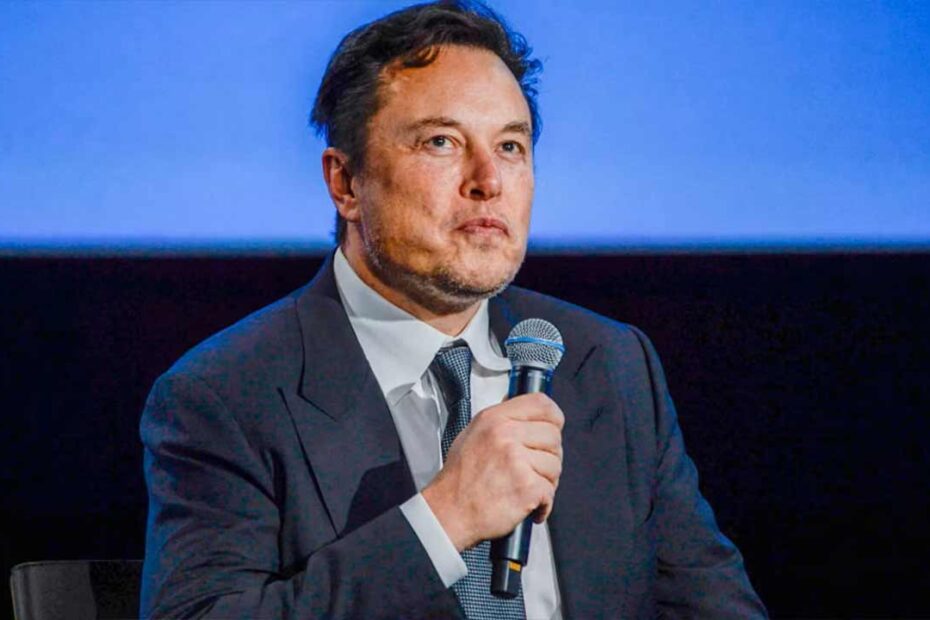According to Dailywire: There is an old saying that “if you come to the king, you don’t lose the best.”
It’s a lesson a BBC journalist should have learned before challenging self-described “Chief Twit” Elon Musk for allegedly allowing “hate speech” to flourish on Twitter since he bought the site.
The reporter could not provide a specific example of the hate speech he had seen on Twitter, and Musk took them to task for their disparity in remarkable fashion.
BBC US tech reporter James Clayton said in an interview released on Tuesday night: “We’ve recently spoken to people who were involved in moderation and they say there are not enough people monitoring this, especially the company In the case of hate speech.” , “Is there anything you want to address?”
Elon Musk was quick to demand an explanation from Clayton. What foul language are you talking about? I mean you use twitter.
In turn, Clayton insisted that on his For You page – the tab on Twitter that shows users you don’t follow – that he personally receives “much of that content”. Musk then asked for more specifics, “Things you don’t like or …? Describe something you hate.”
Clayton could not provide an adequate definition.
“Yeah, you just know, the content will solicit a response that might include something racist or sexist, those kinds of things,” he said softly.
Musk understood how “slightly sexist” content could constitute hate speech or be deemed worthy of being banned. Musk again requested that Clayton name an example, but then the reporter admitted that he hadn’t looked at the ForYou tab in about a month after some back-and-forth.
“Well, then how can you say that you have seen more disgusting things?” Kasturi asked directly.
Clayton claimed that he could do this because he has been using Twitter since Musk took over.
The Tesla founder said, “So at some point you must have seen hateful material.” “I’m asking for an example and you can’t give one.” Clayton stammered and Musk said, “I say sir you don’t know what you’re talking about.”
“In fact?” The reporter hit back.
Musk said, “Yes, because you can’t give me a single example of hateful content, not even a tweet.” “And yet you claimed there was more hateful material… That’s a lie, you just lied.”
In reaction to the interview, Twitter users lashed out at the BBC.
One Twitter user tweeted, “If you’re going to deal with one of the most talented people on the planet about a recently purchased company, you’d imagine you’d come into the discussion at least semi-prepared. ” “What a car wreck of an interview.”
“This conversation between Elon Musk and a BBC journalist is hilarious,” said Konstantin Kissin, host of TriGeronometry. “Note how quickly these narratives collapse when released into the real world.”
Actually, Kissin hit him on the head. Legacy media is unable to define hate speech. The definition of leftism essentially boils down to “speech we don’t like”. As a result, the only way out for the press is to quote so-called experts on the subject as evidence that harmful rhetoric is on the rise. When someone like Musk asks for more proof, they fall short like Clayton.
It should be noted that Musk insisted that this interview be allowed to air in full on the Twitter space and thank goodness.
According to Jack Posobiec, the BBC article of the interview “skips out the part where Elon challenges this journalist on the ‘hateful material'”.
“The article actually says the BBC challenged Elon over hate speech!” Posobiec added. “That’s why they needed the live Twitter space.”
@Dailywire
